You can give hope and a home to children in the Greater Houston Area.
Our Community Foster Parents provide safety, stability, and loving care to children infant to age 6 in their own homes. This selfless work allows you to integrate a foster child into your home and life in order to support their developmental and social skills.
Community Foster Parents live within 150 miles of our offices and typically care for children who will be with us for a n extended period of time. Our goal is always reunification with parents, but in rare cases where it is impossible or inappropriate for a child to return to their birth families, we work to prepare the child and a prospective foster-to-adopt family for a successful adoption.
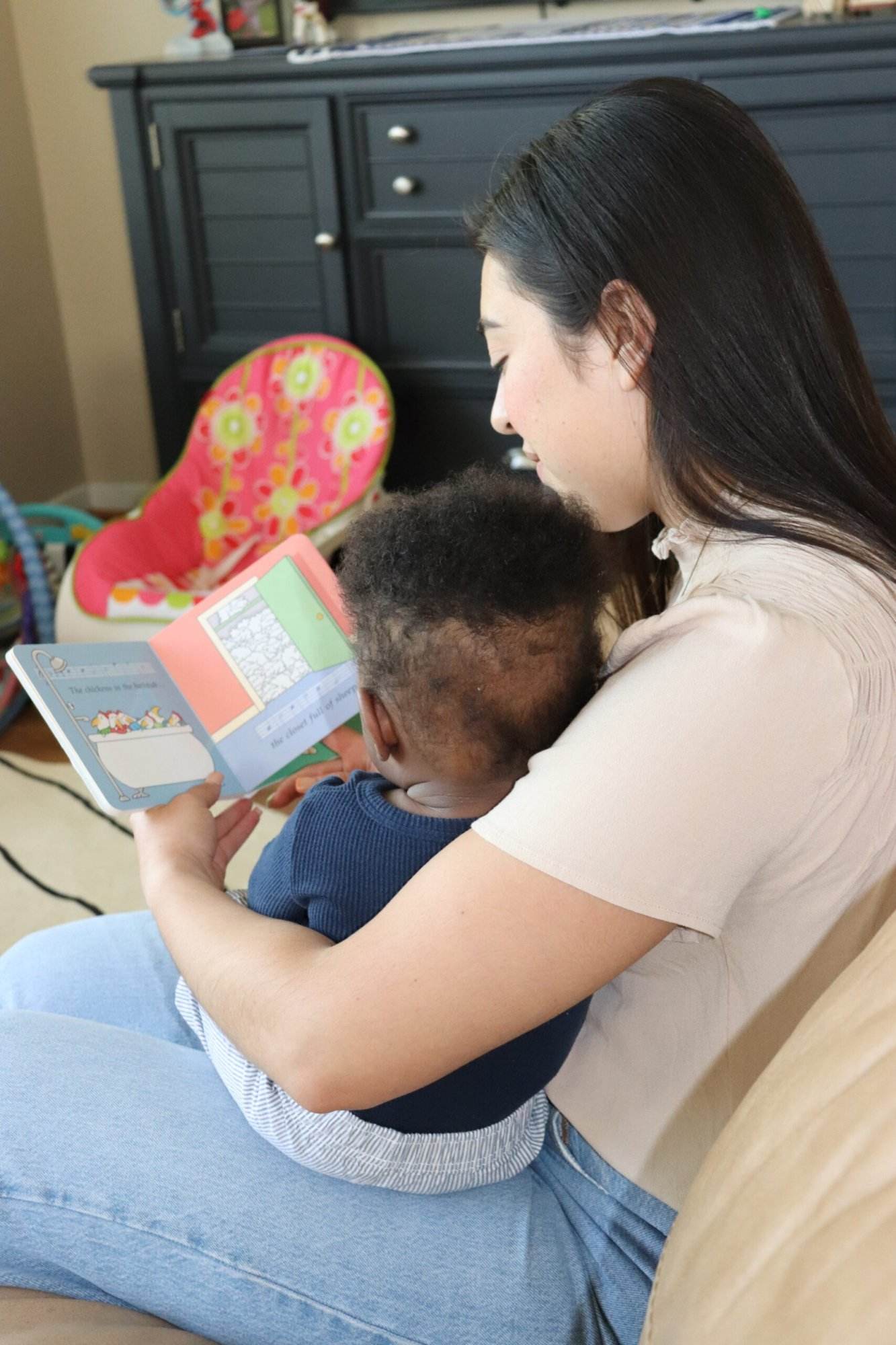
As a community foster parent, you'll receive:
● Licensing paid for by Casa de Esperanza
● Home inspections
● Professional training
● A dedicated case worker
● Practical financial support
● Training for babysitters and caregivers

Why become a community foster parent?
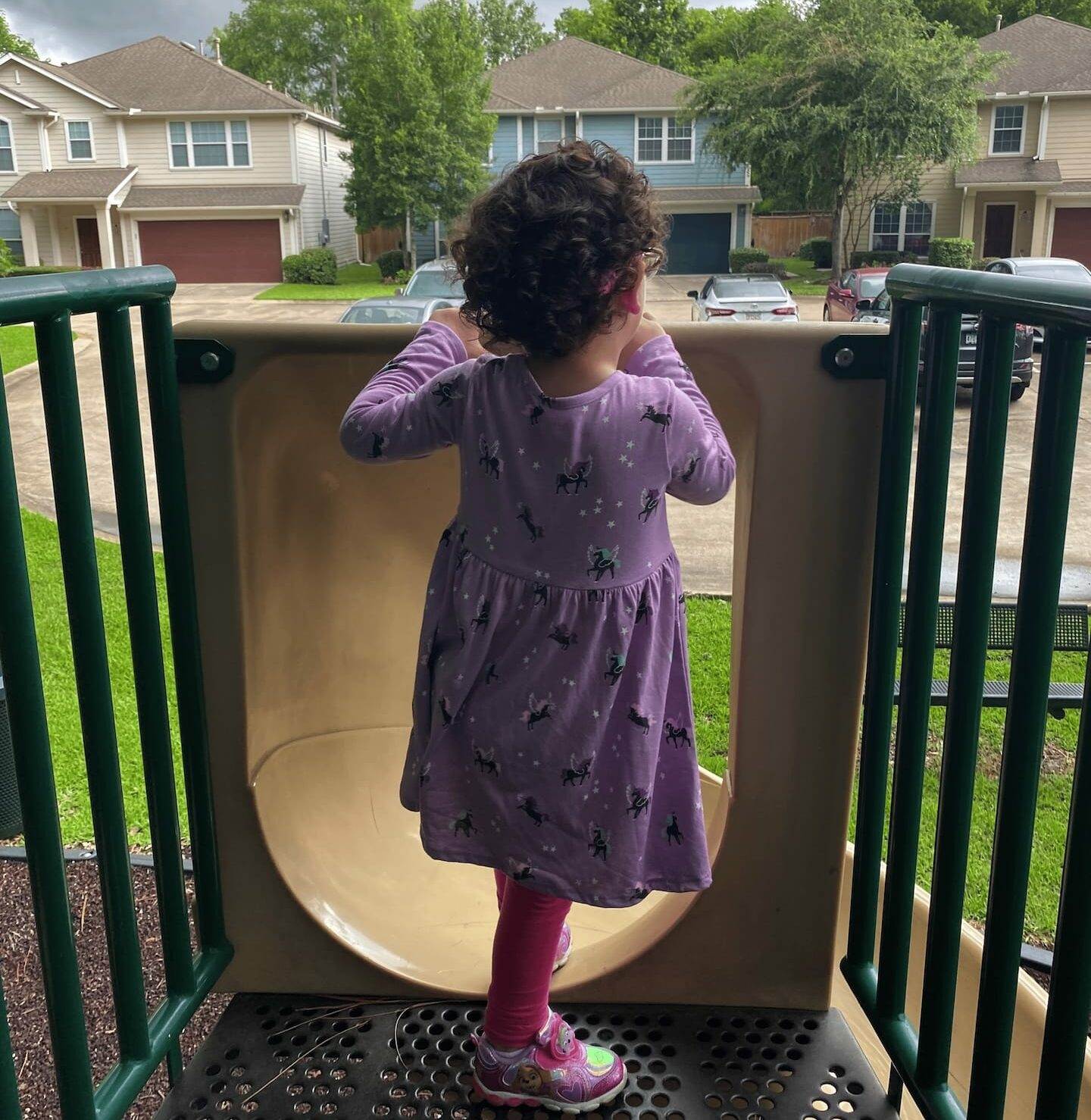
To anyone considering being a foster parent, we would say just jump in with both feet. There will never be the perfect time and you can always find excuses not to. We have given and received so much through this foster care journey and our hearts are full.
Yes, you are strong enough to handle it. There are children waiting for you to say “yes.” I promise it will be the most rewarding experience you’ve ever had.Shanna and Josh Beames, Community Volunteer Foster Parents
Here's how to become a foster parent:
Schedule a 15 minute call.
Interested in learning more or are you ready to take your first step in your foster parent journey with Casa de Esperanza?
Schedule a quick call! Our friendly team looks forward to having a brief conversation about your life and goals to see which path might be best for you and your family.
Submit an interest form or contact Cassie Parkin
- Email: cparkin@casahope.org
- Phone: 713.529.0639
1
Attend an informational session.
Our team will go over the licensing procedures in greater detail so you can be prepared for the process ahead.
2
Complete an application.
A complete application will include a background check, fingerprinting, reference check, financial check, and medical history.
3
Participate in training.
Our experienced and professional team will equip you with all the parenting tools! Training is hybrid with both virtual and in-person sessions. Throughout your foster parenting journey, our team is available 24/7 to answer questions, address emergencies, and make sure you feel confident in meeting the unique needs of the child(ren) in your care.
4
Complete your home study & verification.
The last step before getting licensed! Prospective foster parents will participate in a Home Study and complete required inspections (paid for by Casa de Esperanza).
5
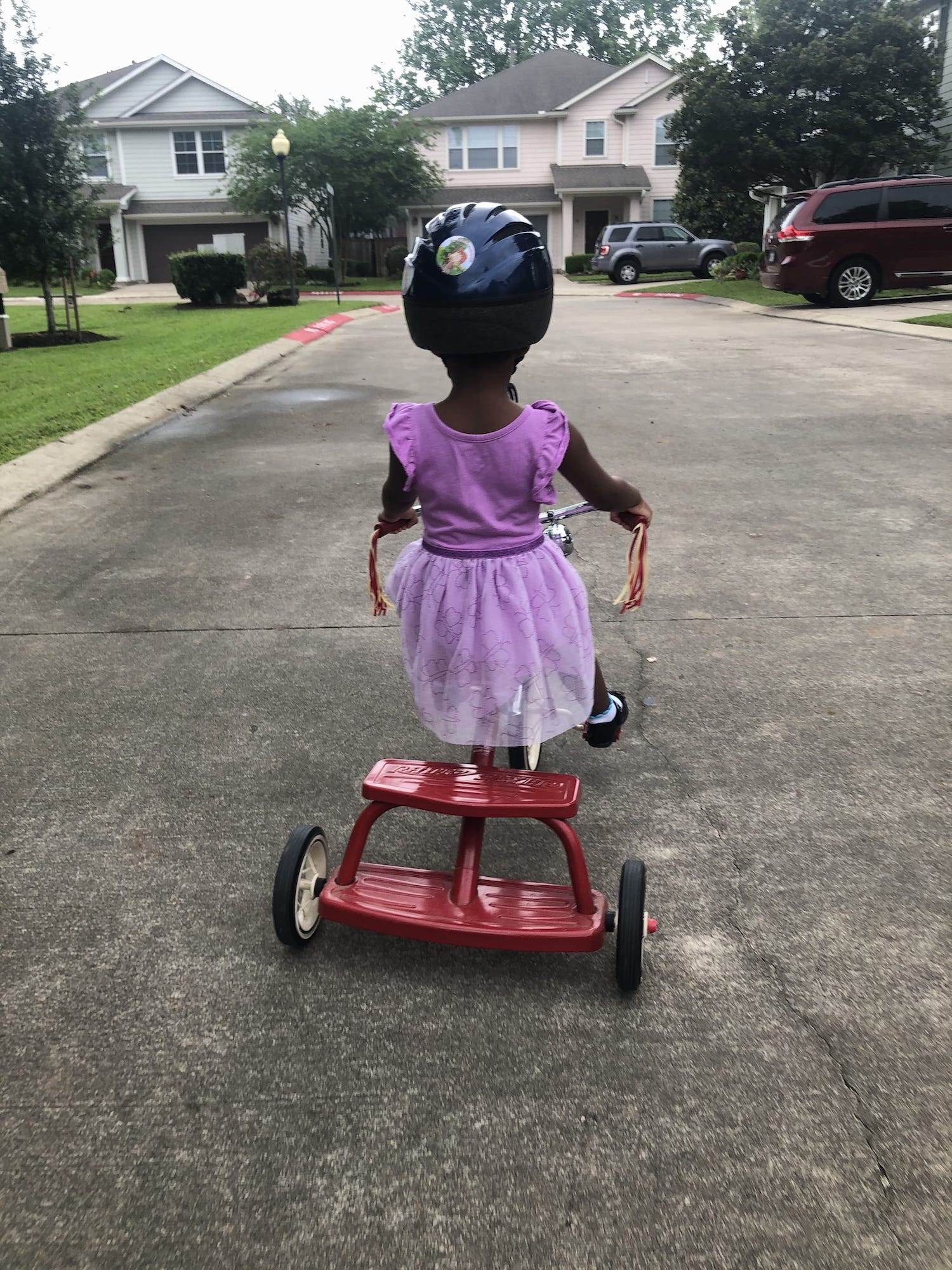
Frequently Asked Questions
Will I get to adopt a child from Casa de Esperanza?
Our primary goal for children is family reunification. Sometimes reunification is not possible, and we work with the family or with the Department of Family and Protective Services (DFPS) to seek other avenues toward permanence. Options fall along a spectrum, from placement of the child with relatives, to intervention by DFPS with the intent to take custody of the child, to a parent making the choice to voluntarily give up parental rights with the intent of placing the child in an adoptive home. Adoption is a less likely outcome than most other types of permanence for the child. There is no guarantee of adoption.
Will I get to meet the child before they come to my home?
You will typically have the opportunity to meet your foster child before placement in your home. Most children have already entered foster care with us prior to placement with you, and some will require a pre-placement visit before they can be placed in your home.
We can make emergency placements into your foster home without a visit if the child is coming into foster care directly from their family, rather than from another foster home placement.
How does foster care affect my own children, pets, or other household members?
All adults and children in your household over the age of 1 are required to have a negative TB test. All children must receive and remain current on required childhood vaccines. Children 14 and older must complete a background check, along with any other adults living in the home. Pets must be fully vaccinated, and documentation must be provided.
How long does a child live in my home?
When we move children into community care, we expect it will be long-term. This could be anywhere from 3 months to several years until permanency can be reached for the child. Every scenario is unique and there are no guarantees.
What do I provide for the child living in my home?
We are happy to work with foster families to provide cribs, car seats, clothing, or other basic needs the family requires in order to foster a child. Children are enrolled in Medicaid and WIC to provide access to medical care and assistance with the cost of food. Most of our foster children are voluntarily placed in foster care and therefore do not come with any funding from the state. For those children who are in DFPS custody, Casa has a no-pay contract with the state for those placements, so our foster families do not receive money from the state for DFPS placements. Casa will consider assisting with other costs related to foster care on a case-by-case basis.
Do the children I’m caring for have special needs?
Separation from family and entry in to foster care can be traumatizing for a child even with the best of intentions. We will help you prepare for the potentially challenging situations and behaviors that may arise while the child is in foster care. Casa does not accept children with significant medical needs into foster care. However, we have limited information about the children, including their current medical needs and behaviors when children first come into care. Sometimes children may require additional support from professionals such as speech, occupational or physical therapists to help them catch up on certain developmental milestones. Casa de Esperanza will help arrange these screenings and therapies if needed.
How often does the child see their family? Where?
Family visits are typically in-person, supervised by Casa staff, and scheduled every other week at our Casa offices.
Take the first step towards fostering in your home.
Fill out this short form to let us know you’re interested, and we’ll reach out to you to schedule an introductory 15-minute meeting.
*Please note, our foster homes care for children infant to age six.*
